
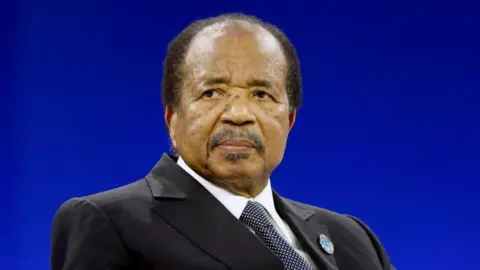 Reuters
Reuters
To absolutely no one's surprise, Cameroon's Constitutional Council has proclaimed the re-election of 92-year old President Paul Biya, the world's oldest head of state, for an eighth successive term.
Amid rumours of a close result and claims of victory by his main challenger, former government minister Issa Tchiroma Bakary, excitement and tension had been building in the run-up to Monday's declaration.
The official outcome, victory for Biya with 53.7%, ahead of Tchiroma Bakary on 35.2%, came as both a shock and yet, for many Cameroonians, an anti-climax.
Biya's decision to stand for another seven-year mandate, after 43 years in power, was inevitably contentious,. Not only because of his longevity in power, but also because his style of governance has raised questions.
Extended stays abroad, habitually at the Intercontinental Hotel in Geneva or alternative more discreet locations around the Swiss lakeside city, have repeatedly triggered speculation about the extent to which he is actually governing Cameroon - or whether most decisions are in fact taken by the prime minister and ministers or the influential secretary general of the presidency, Ferdinand Ngoh Ngoh.
Last year, after making a speech at a Second World War commemoration in the South of France in August and attending the China Africa summit in Beijing the next month, the president disappeared from view for almost six weeks without any announcement or explanation, sparking speculation about his health.
Even after senior officials appeared to indicate that he was, once again, in Geneva, reportedly working as usual, there was no real news until the announcement of his impending return home to the capital, Yaoundé, where he was filmed being greeted by supporters.
And this year it was not really a surprise when he squeezed a further pre-election visit to Geneva into his schedule just weeks before polling day.
Biya's inscrutable style of national leadership, rarely calling formal meetings of the full cabinet or publicly addressing complex issues, leaves a cloud of uncertainty over the goals of his administration and the formation of government policy.
At a technical level, capable ministers and officials pursue a wide range of initiatives and programmes. But the political vision and sense of direction has been largely absent.

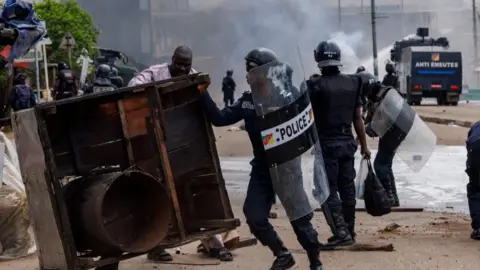 Reuters
Reuters
Opposition supporters say that Biya's victory was rigged
His regime has shown itself sporadically willing to crack down on protest or detain more vocal critics. But that is not the only or perhaps even the most important factor that has kept him in power.
For it has to be said that Biya has also fulfilled a distinctive political role.
He has acted as a balancing figure in what is a complex country, marked by large social, regional and linguistic differences - between, for example, the equatorial south and the savannah north, or the majority of regions that are French-speaking and the English-speaking North-West and South-West, with their different educational and institutional traditions.
In a state whose early post-independence years were marked by debates over federalism and tensions over the form that national unity should take, he has assembled governments that include representatives of a wide range of backgrounds.
Albeit sometimes under pressure from the International Monetary Fund (IMF) and international creditors, his administrations have averted debt disaster and, in recent years, gradually consolidated national finances.
Moreover, the past decade or so has seen Biya appear increasingly almost like a constitutional monarch, a symbolic figure who may decide a few key issues but leaves others to set the course on most policy areas.
And his continuation in this role has been facilitated by the competitive rivalries between senior figures in the ruling Cameroon People's Democratic Movement (CPDM). While he is there, the succession does not have to be decided.
However, with no designated or preferred political heir apparent, and with some one-time "next generation" CPDM figures themselves now getting on in years, Biya's perpetuation in office has fuelled a constantly turning rumour mill about the succession.
Increasingly, the name of his son Franck has been cited, even though he shows little interest in politics or government.
Meanwhile, there is no shortage of either development or security challenges for the president despite Cameroon's rich natural resource diversity.
Is it possible that today we are seeing a decisive erosion in popular tolerance of Biya's self-effacing version of semi-authoritarian rule?
Are Cameroonians tiring of a system that offers them multi-party electoral expression but little hope of actually changing their rulers?
Has the bloody crisis in the English-speaking regions exposed the limits of the president's cautious and distant approach?
When protests demanding reform first erupted there in 2016 Biya was slow to respond. By the time he did offer meaningful change and a national dialogue, the momentum of violence had accelerated, eroding the space for real compromise.
Meanwhile, so low-key in style, he has failed to really sell an economic and social development vision for Cameroon or instil a sense of progress towards a goal.

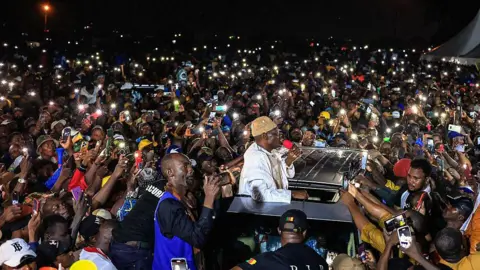 AFP via Getty Images
AFP via Getty Images
President Biya faced a strong challenge from his former ally, Issa Tchiroma Bakary
Biya was already testing the limits of popular tolerance with his decision to stand for a seventh successive term in 2018.
But ultimately he managed to face down a strong opposition challenge from Maurice Kamto, leader of the Cameroon Renaissance Movement (CRM) - and when Kamto disputed the official results awarding him only 14% of the vote, he was detained for more than eight months.
But this time around, Tchiroma's candidacy shifted the mood and sense of possibility in a way that no previous challenger has managed, at least since 1992, when even official results credited John Fru Ndi, of the Social Democratic front (SDF), with 36% of the vote, only just behind Biya on 40%.
And this time it is not just that Biya is seven years older and even more hands-off than before.
It is also that, in contrast to Kamto - who struggled to reach far beyond his core electorate - Tchiroma, a Muslim northerner, has attracted support from a wide cross section of society and of Cameroon's regions, notably including the two anglophone regions.
This one-time political prisoner who later compromised with Biya and accepted a ministerial post, had the guts to go to Bamenda, the largest English-speaking city, and apologise for his role in the government's actions.
And over recent days, as tensions grew in the run-up to the result declaration, Tchiroma shrewdly stayed in Garoua, his home city in the north, where crowds of young supporters had gathered to shield him from the risk of arrest by the security forces.
Now, after expectations that had built so high, there is intense frustration and anger among opposition supporters at the official result, however expected it may have been.
The security forces were already reported to have shot protesters in Douala, the southern port city that is the hub of the economy. And shooting has now been reported from Garoua too.
For Cameroon, Biya's determination to secure an eighth presidential term has brought high risks and painful costs.
Paul Melly is a consulting fellow with the Africa Programme at Chatham House in London.
You may also be interested in:

 Getty Images/BBC
Getty Images/BBC
.png)
 1 month ago
12
1 month ago
12

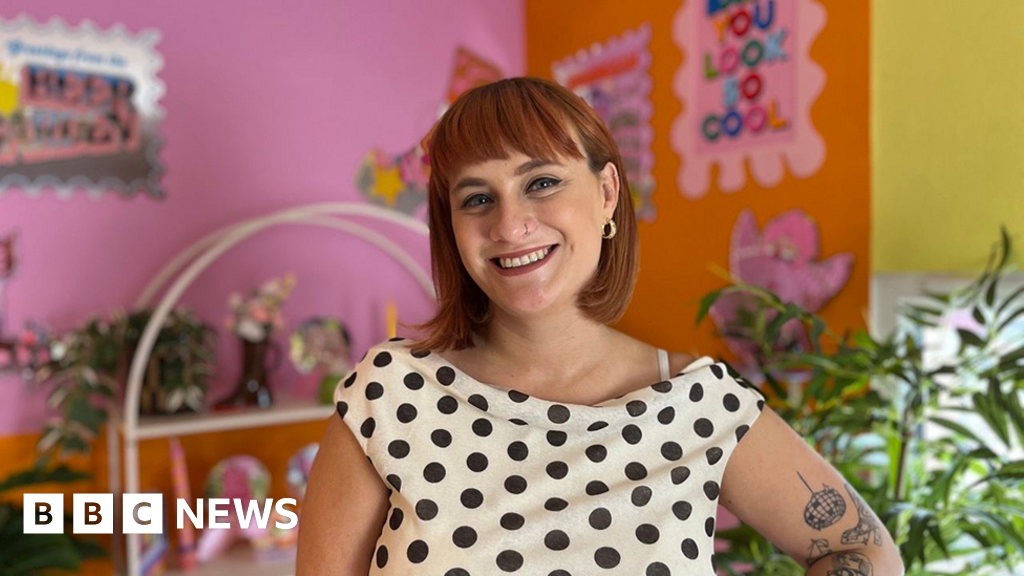
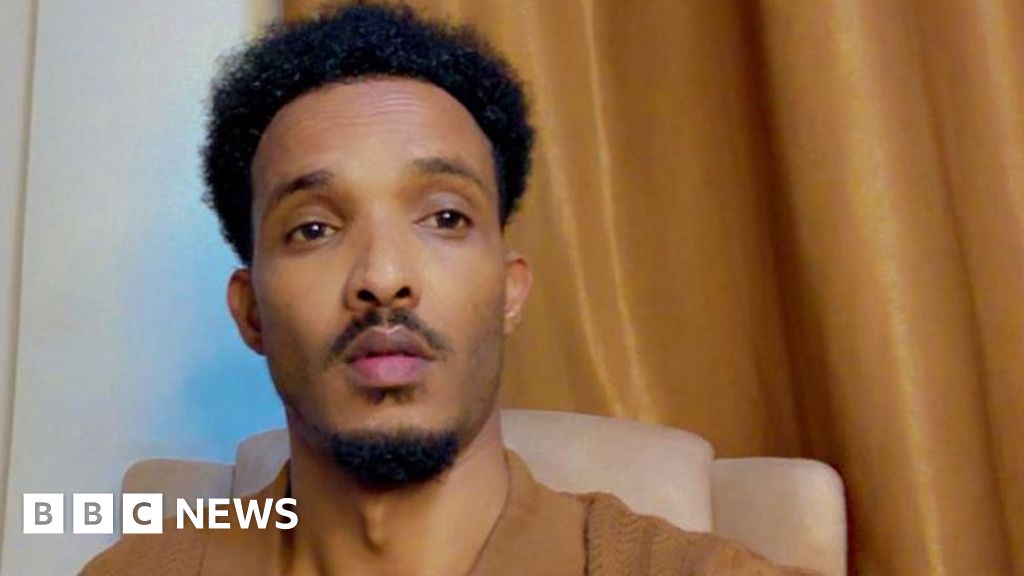





 English (US) ·
English (US) ·